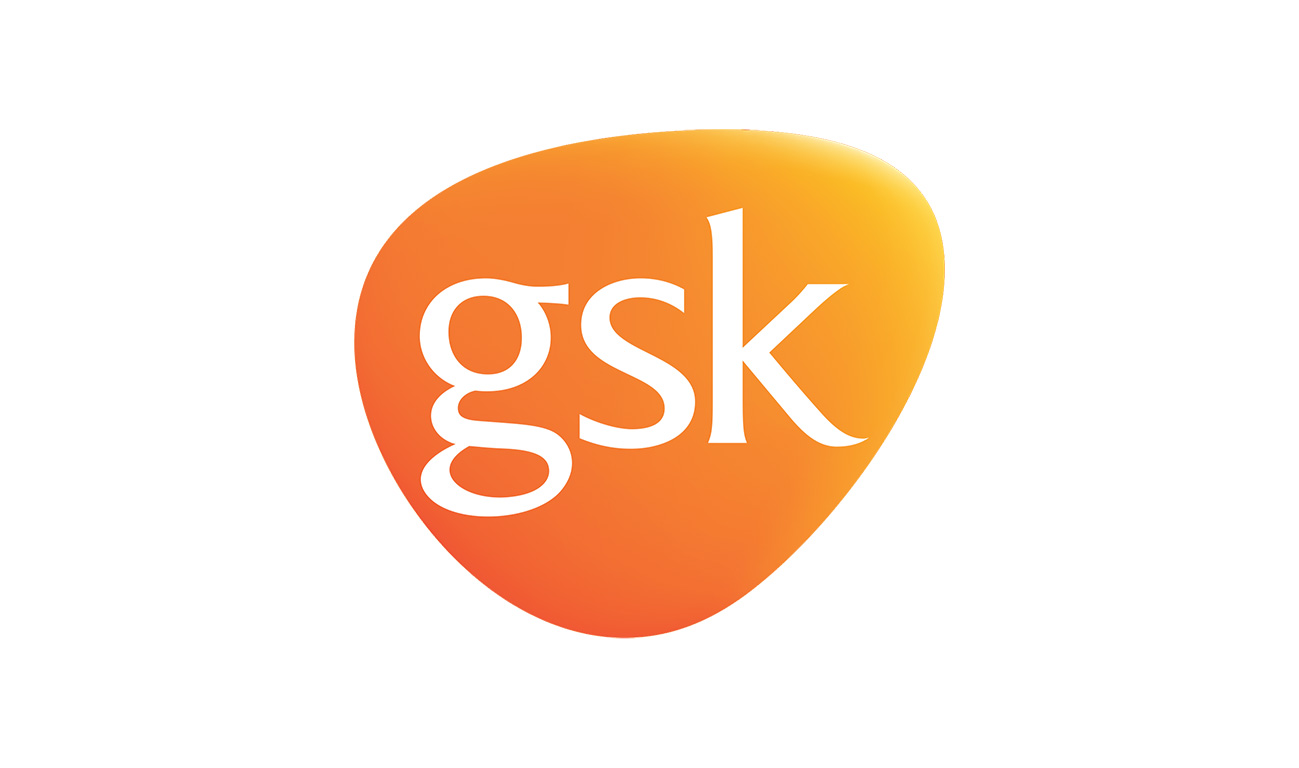More Life-Saving Medicines and Supplies Needed for Women and Children
By Ellen, GSK,Global Head, Neglected Tropical Diseases

American Health More Than Medicine Blog
More Life-Saving Medicines and Supplies Needed for Women and Children
To address this issue head on, I was honored to join world leaders including President Goodluck Jonathan of Nigeria and Prime Minister Jens Stoltenberg of Norway at a meeting of a special UN Commission on Life-Saving Commodities for Women and Children to advocate for increased access to and the appropriate use of essential medicines, medical devices and other commodities that could save lives.
The pharmaceutical industry has an important role to play in ensuring that women and children are protected from preventable causes of death and diseases. We realize there are high hurdles to climb--a need for trained health workers to administer basic medicines such as antibiotics and clear guidelines to help with diagnosing patients quickly and accurately are critical.
But we also believe that we can reduce barriers that restrict access to essential healthcare for women and children in need--items we take for granted in countries such as the US.
At the meeting yesterday, members of the UN Commission presented a new plan and set of recommendations submitted to the UN Secretary-General.
GSK will be working with the UN Commission and partners to deliver on new commitments to the Democratic Republic of Congo to ensure the availability of essential medicines to specifically combat childhood pneumonia. This means supporting the registration process to get antibiotics approved, helping ensure health workers have the education and training they need, and utilizing our established surveillance systems to track how medications are being used appropriately.
Together, we will champion efforts to help improve supply and access of life-saving health supplies to women and children in need.

